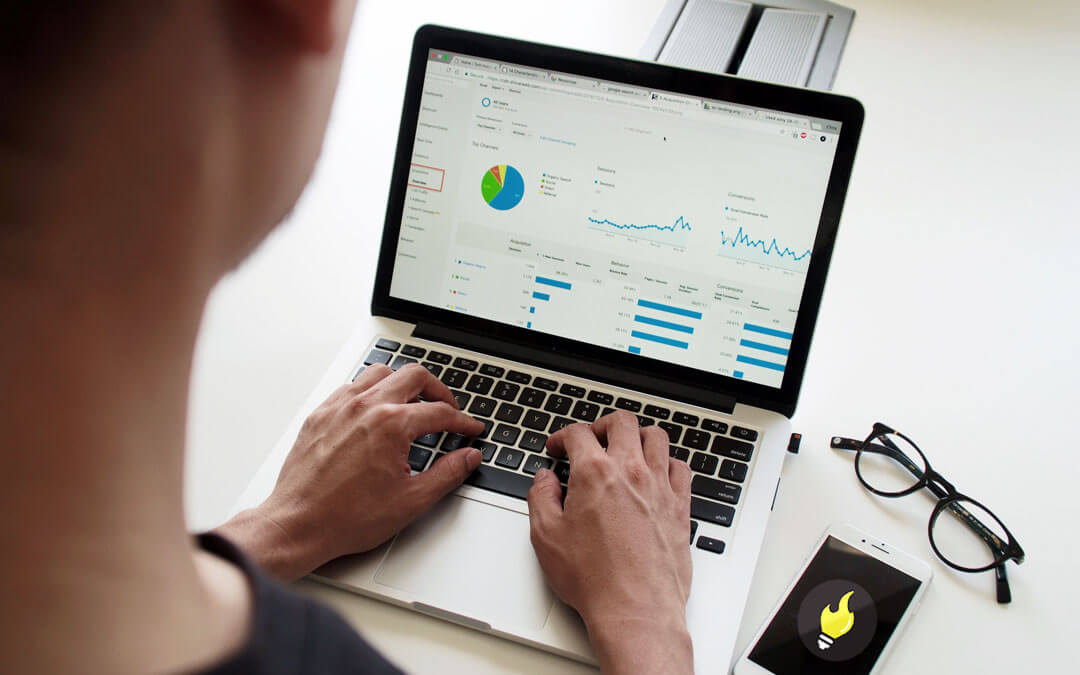If you climbed down the digital rabbit hole and found yourself here, it’s likely because you’re considering adding pay-per-click (PPC) advertising to your digital marketing strategy. Like many people, you’re probably caught between Facebook ads vs Google ads, and can’t decide which platform to opt for. While both platforms carry a considerable learning curve, they’re different, in terms of functionality and uses cases so marketers have to be careful regarding which option they choose to maximize their return on investment (ROI).
One smart way to simplify and speed up the decision-making process is by learning the differences between these two leading advertising platforms.
So, without further ado, let’s get right into it!
What are Google Ads?
Google ads are marketing messages that appear on different websites and search engine results. Google offers PPC advertising in two ways – through the Display Network and Google’s AdSense program. The Display Platform is a huge collection of third-party sites that have agreed to serve text, image, or video ads from different businesses after partnering with Google. Google ads also allow marketers to rank their sites on the top of search results by targeting specific keywords, based on quality score and the bid amount. Both these options are suitable for businesses with products or services users are actively searching for.
What are Facebook Ads?
Facebook ads are paid marketing messages businesses place on Facebook by targeting users based on their location, demographic, and profile information. They’re the go-to choice for social media marketers with a fixed or limited marketing budget looking to boost their ROI by sending targeted ad campaigns, especially to audiences that may not have heard of them before. Unlike Google ads, Facebook ads typically offer image and compelling video ads on users’ news feeds.
5 Key Differences Between Google Ads and Facebook Ads
1. Audience Size
Both Facebook and Google are ten-ton gorillas with an enormous global reach. Facebook has over 1.7 billion daily active users while Google processes nearly 6 billion daily searches. So, if you’re looking to make a decision solely based on reach, don’t. Instead, you should determine your product’s orientation and target audience activity to decide. For instance, is your audience likely to search for your product or services on Googe, or explore them while scrolling through their newsfeed? For startups, Facebook is a more viable option as it allows users to build an audience from scratch.
2. Search/Buyer Intent
Google ads have a significant edge over Facebook ads in terms of search or buyer intent. For instance, if a person’s heater breaks down, they’re more likely to search Google for a repair service than look for a repair service on Facebook. If you offer repair services, the search ads will place your business in front of troubled customers as soon as they type in any of the keywords you’re targeting. While Facebook comes with a powerful search engine, users are likely to come across a repair service instead of looking for one in a place where they socialize and relax.
3. Cost and ROI
The average cost per click (CPC) on Google ads is $2.69 whereas Facebook ads cost around $1.72 per click. In paid search, however, businesses can pay as little as $1.16 per click, depending on the keywords they’re targeting and the industry they’re in. Overall, Google ads are more expensive than Facebook Ads but they do offer a much higher click-through rate (2%).
4. Ad Types/Formats
If you opt for Google ads, you have to rely on small blocks of text to grab a prospect’s attention on search engines. Although you can leverage ad extensions, ultimately, your campaigns will be limited to text. Facebook, in contrast, offers a variety of ad formats you can use to send your marketing messages, including images, videos, slideshows, collection, and instant experience. The social media platform also allows for real-time engagement through commenting, reacting, and sharing.
5. Targeting Options
While both Facebook Ads and Google offer great targeting and retargeting options for digital marketers, Facebook is the better option of the two. Using Facebook ads, you get access to more advanced segmentation, in terms of location, gender, income, age, family lifecycle, etc. So, if you offer products or services that cater to a unique target audience, then Facebook ads are the way to go.
Conclusion
Now that you understand the 5 key differences between Facebook ads vs Google ads, you can choose which platform better suits your business. However, if you’re new to pay-per-click advertising, we recommend opting for a digital marketing agency to help you get started. At Ignite Marketing, we offer a one-stop solution for all your marketing needs. Our team of highly experienced digital marketers, developers, and eCommerce specialists have helped hundreds of startups and small businesses devise an effective PPC advertising strategy to build their online presence and take full advantage of short-term traffic generation. Feel free to get in touch with us to learn more about our digital marketing solutions.

